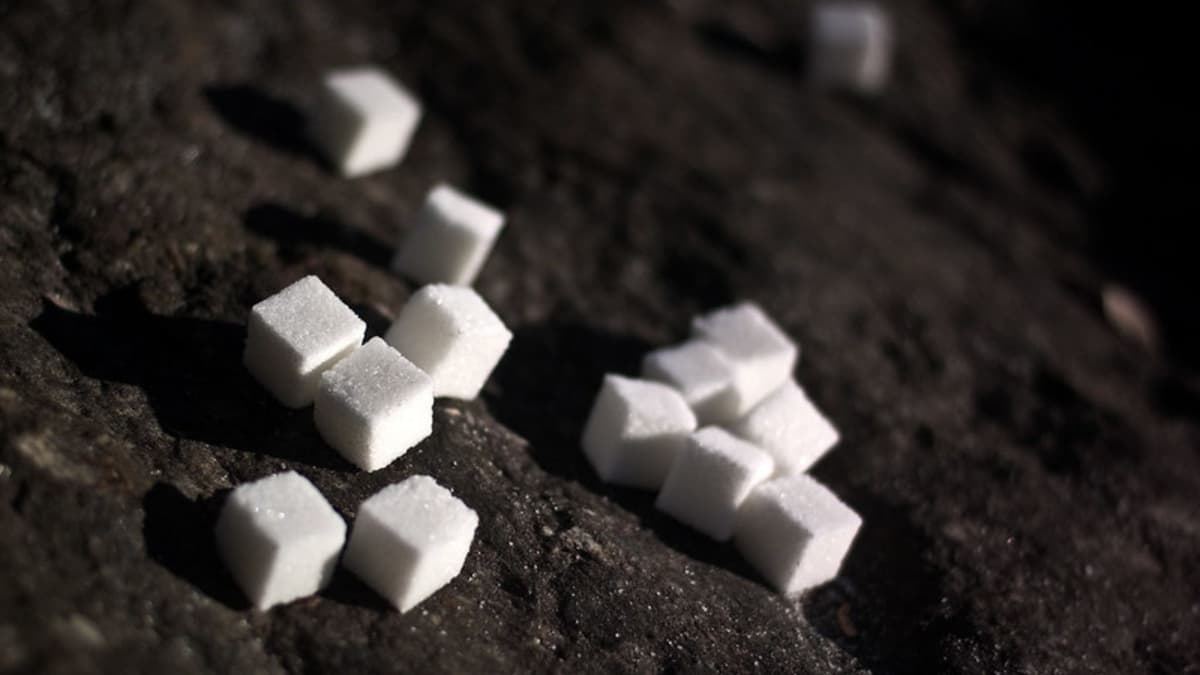A team of Chinese researchers has developed a pioneering method to synthesize white sugar—sucrose—directly from methanol, without relying on farmland or traditional crops. This breakthrough presents a new approach to converting captured carbon dioxide into food, potentially reducing dependency on agriculture.
Unlike conventional sugar production, which depends on land- and water-intensive crops like sugar cane and sugar beets, the new method uses enzymes to transform methanol—a compound that can be derived from industrial waste or chemically treated carbon dioxide—into complex sugars. This technique eliminates the need for cultivation, irrigation, and harvesting.
The research was conducted by scientists at the Tianjin Institute of Industrial Biotechnology, part of the Chinese Academy of Sciences (CAS). Their work is centered around in vitro biotransformation (ivBT), a process that assembles useful molecules outside of living organisms using enzymatic reactions. By applying this technique, the team successfully created sucrose and several other carbohydrates from methanol in a laboratory setting.
This system marks a significant advancement in food technology, as it not only produces sucrose but can also be adapted to generate other essential sugars such as fructose and starch. These carbohydrates are widely used in food production and also serve roles in pharmaceuticals and industrial processes.
The innovation builds on previous work by another CAS team from the Dalian Institute of Chemical Physics, which in 2021 developed a method to convert carbon dioxide into methanol at low temperatures. Leveraging that progress, the Tianjin group established a high-efficiency pathway to synthesize sugars from methanol through a series of low-energy, rapid chemical reactions. They achieved a notable conversion rate of 86%.
China currently imports about 5 million tonnes of sugar annually to meet its national demand of around 15 million tonnes. Although it grows both sugar cane and sugar beets, this new method offers a potential domestic alternative that could help offset the pressures of food insecurity, climate change, and limited agricultural land.
Beyond sucrose, the researchers also produced starch and a variety of other complex carbohydrates, including fructose, amylose, amylopectin, cellobiose, and cellooligosaccharides. These substances are vital in not only human nutrition but also medical and biotechnological applications.
The team emphasized that this system could provide a flexible, plant-free platform for manufacturing a wide range of oligosaccharides and polysaccharides. Such sugars are crucial for energy storage, cell function, and drug development.
While the results are promising, the researchers acknowledged that the technology is still in its early stages. Future work will focus on enhancing enzyme performance and improving system stability to make the process viable for industrial-scale production. If successful, this method could offer a carbon-negative, crop-independent way to meet global food and material needs.
By Impact Lab


